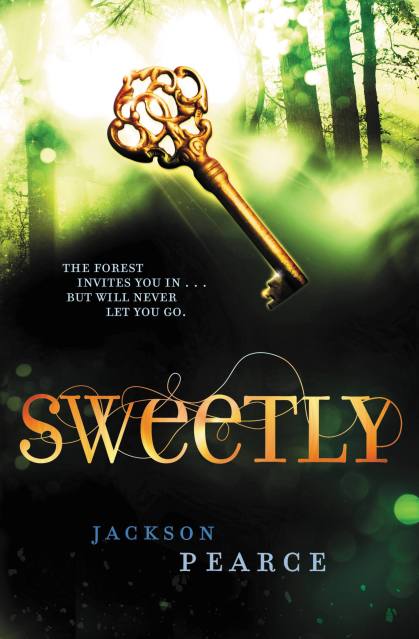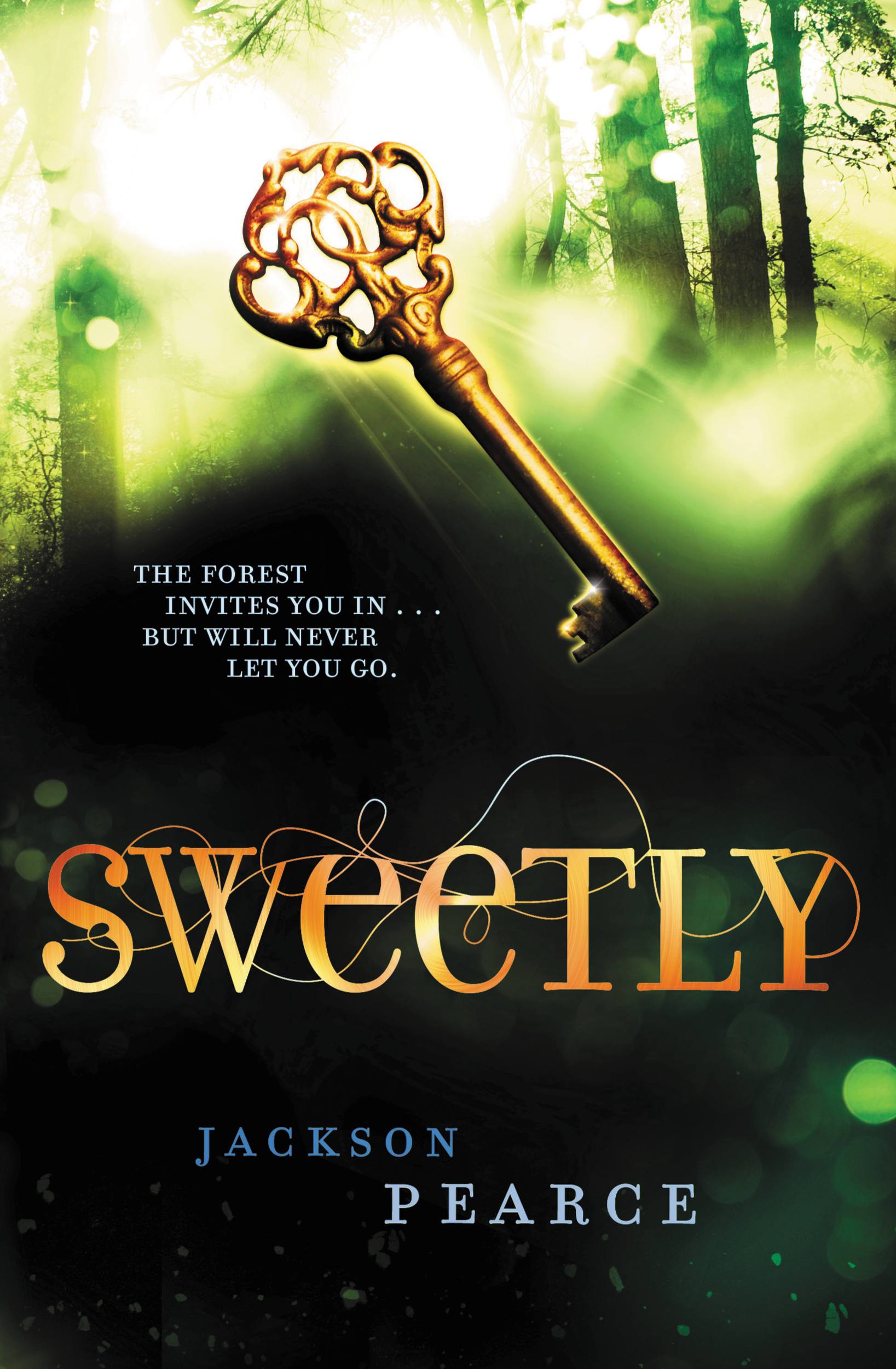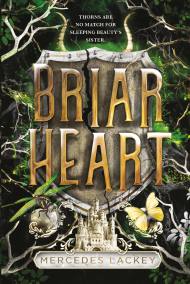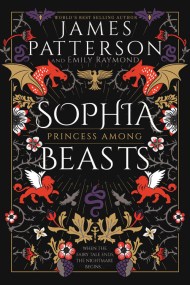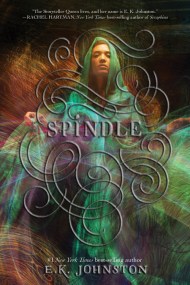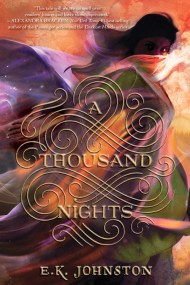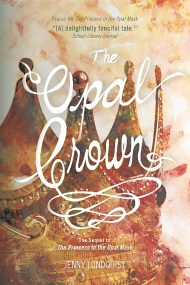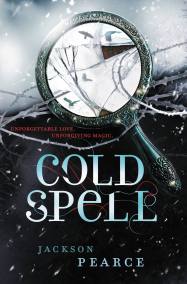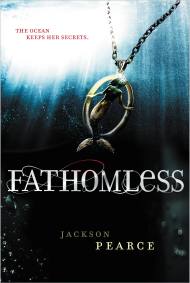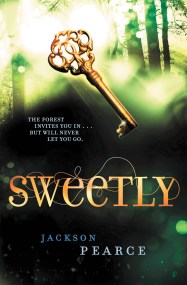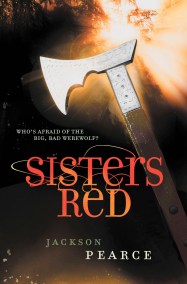Promotion
Use code MOM24 for 20% off site wide + free shipping over $45
Sweetly
Contributors
Formats and Prices
Price
$7.99Price
$9.99 CADFormat
Format:
- ebook $7.99 $9.99 CAD
- Trade Paperback $17.99 $23.99 CAD
This item is a preorder. Your payment method will be charged immediately, and the product is expected to ship on or around August 23, 2011. This date is subject to change due to shipping delays beyond our control.
Also available from:
Years later, when their stepmother casts Gretchen and Ansel out, they find themselves in sleepy Live Oak, South Carolina. They’re invited to stay with Sophia Kelly, a beautiful candy maker who molds sugary magic: coveted treats that create confidence, bravery, and passion.
Life seems idyllic and Gretchen and Ansel gradually forget their haunted past — until Gretchen meets handsome local outcast Samuel. He tells her the witch isn’t gone — it’s lurking in the forest, preying on girls every year after Live Oak’s infamous chocolate festival, and looking to make Gretchen its next victim. Gretchen is determined to stop running and start fighting back. Yet the further she investigates the mystery of what the witch is and how it chooses its victims, the more she wonders who the real monster is.
Gretchen is certain of only one thing: a monster is coming, and it will never go away hungry.
Genre:
- On Sale
- Aug 23, 2011
- Page Count
- 320 pages
- Publisher
- Little, Brown Books for Young Readers
- ISBN-13
- 9780316125758
Newsletter Signup
By clicking ‘Sign Up,’ I acknowledge that I have read and agree to Hachette Book Group’s Privacy Policy and Terms of Use
